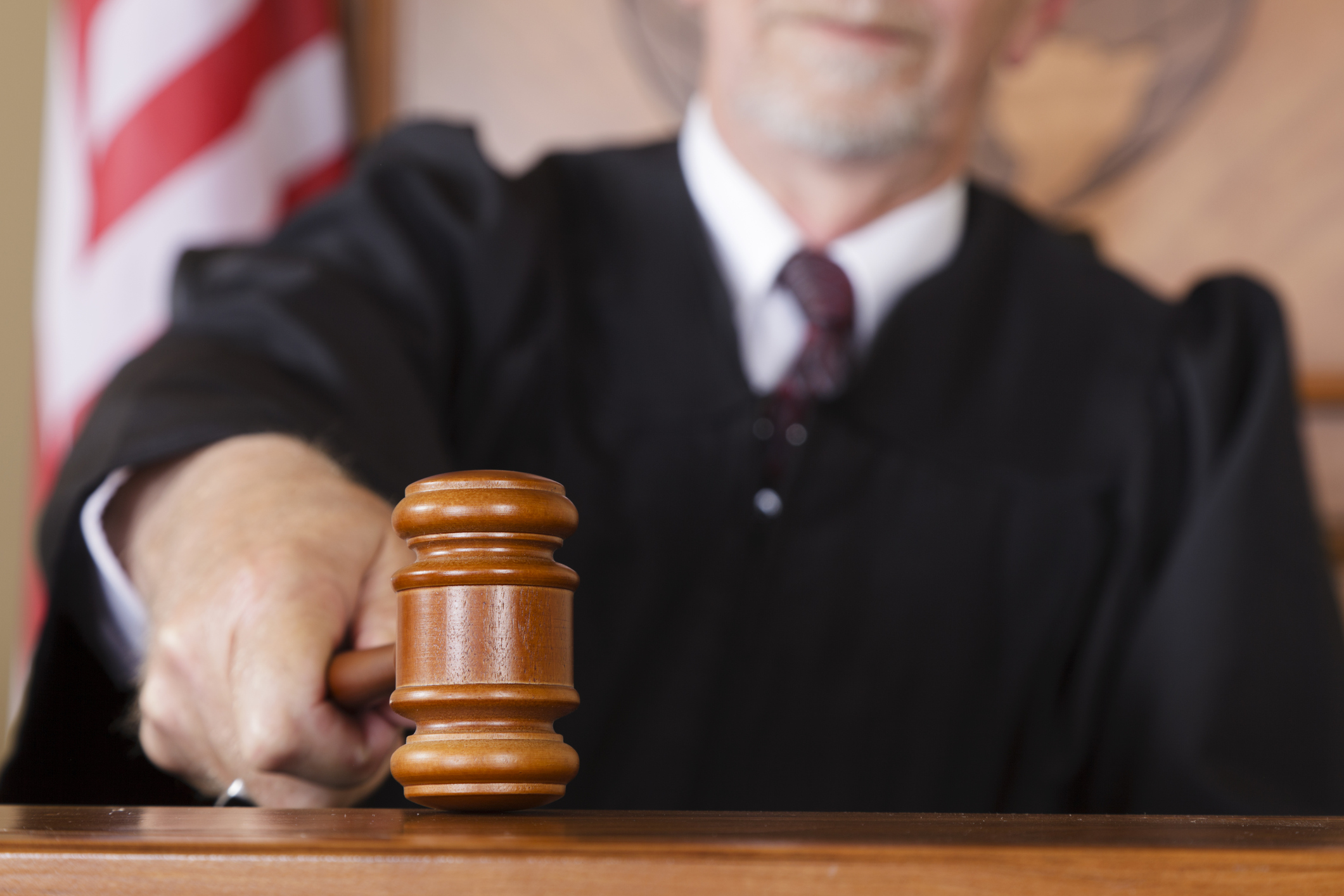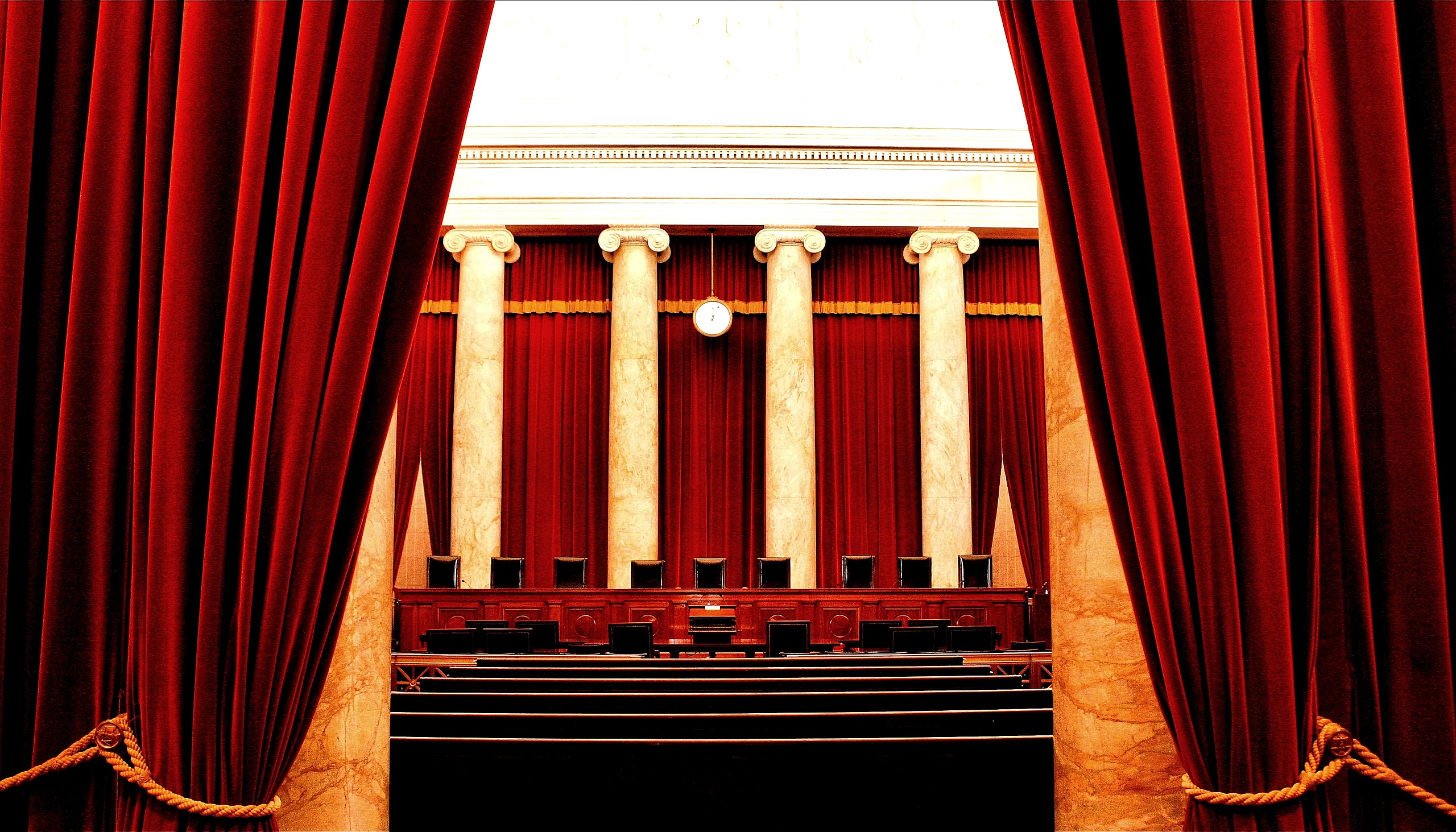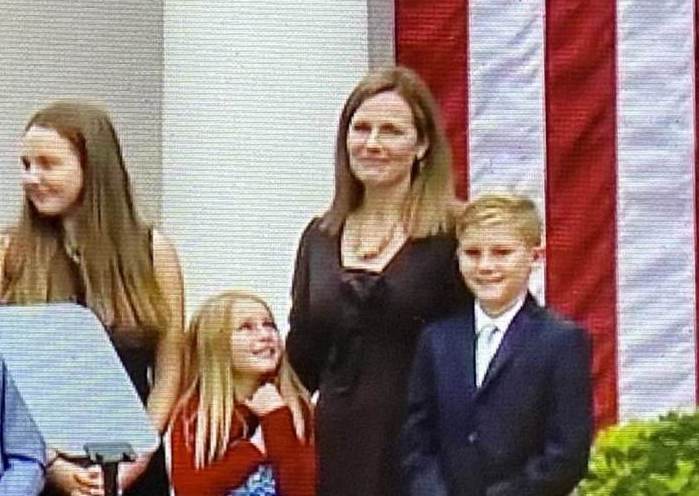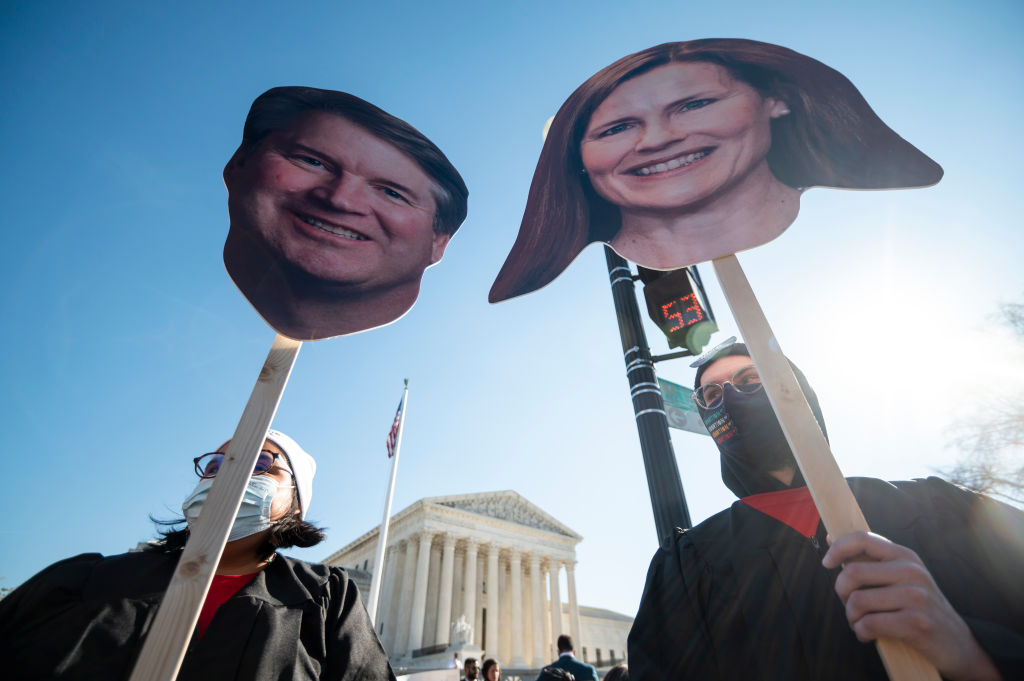In 2010, Claremont Institute Senior Fellow Angelo Codevilla reintroduced the notion of "the ruling class" back into American popular discourse. In 2017, he described contemporary American politics as a "cold civil war." Now he applies the "logic of revolution" to our current political scene.
Choosing Better Judges

Conservatives need to be a lot savvier about how they vet judicial candidates.
Our justice system across all levels is now in thrall to dangerous, radical left-wing actors who feel no shame in weaponizing prosecutors, judges, and legal scholars for vengeful and ideologically charged ends. This new system of justice, which is more accurately characterized as the collapse of the rule of law and constitutional jurisprudence, increasingly resembles primitive third world legal regimes that lack the enlightened principles that ground our society in the Anglo-American tradition of the rule of law.
This sober fact is a realistic assessment of the way the American judicial branch now works. Lip service to an impartial and apolitical judiciary may still hold some currency in the legal academy, but in reality, everyday Americans recognize the judiciary as the uniquely politicized body it has become. The problematic actors, however, are not so much on the Left, who fully understand the game as a raw power play and have accordingly devised the rules and legal framework by which both sides must play. Many on the Right, however, pretend like it still is possible to have fair and equitable justice in a system that has emerged as a two-tiered, vindictive system that punishes its enemies and rewards its friends.
There are countless examples of allegedly conservative judges betraying their constituency and their ostensible principles. This may be observed in U.S. District Judge Timothy Kelly’s hostile treatment of the Proud Boys, now on trial for their actions on January 6; U.S. District Judge Carl Nichols’s finding back in late 2020 that then-President Donald Trump overstepped his executive authority in restricting the use of TikTok, a Chinese-based company, due to legitimate concerns about election interference; and the Supreme Court’s refusal to even listen to the merits of Donald Trump’s 2020 election integrity case. In each of these cases, judges who fell under the umbrella of “conservative,” “originalist,” or “textualist” failed in their duties to uphold the Constitution. These failures directly empower the Left, which reads the Right’s claims of impartiality as weakness and then runs roughshod over those weaknesses by exploiting them for flagrantly political objectives.
To the extent that many judges nowadays are considered “conservative,” it is largely for the wrong reasons. What that label really signals is a failure to grasp that times have changed. Many “conservative” federal judges are stuck in a bygone era, typically the Reagan years, when the philosophy of originalism first went mainstream with the nomination of the late Antonin Scalia to the Supreme Court. Alas, the purportedly neutral premises on which that era of seeming judicial tranquility were grounded no longer apply. Ours is an age where first-order political problems—i.e., whether there are natural differences between men and women; whether countries should have borders; whether the Constitution’s principles are true—are in dispute, and not just by laymen but by the highest lawcourt in the land.
In an age when conventions are subjected to constant radical interrogation, conservative judges must dispense with the rigid dogmas of what they learned in law school, their conventional view of constitutional hermeneutics, and the principles they purport to cherish. Future Article III judges should be chosen not based on whether they satisfy some checklist of originalist principles but whether they possess the acuity to think outside the narrow strictures of textualist orthodoxy. This might entail, for instance, dispensing with tiers of scrutiny analysis, which is wholly absent in the text of the Constitution itself. This might further entail warming to the idea of substantive due process—not as a vehicle to transmit insidious woke or liberal policies into the constitutional regime but rather to substitute those debased policies with fresh, new ones grounded in the natural law.
The natural law, whether by means of due process, equal protection, or privileges and immunities, should be elevated as the modus operandi by which conservative judges make constitutional decisions. The natural law need not itself be wedded to a set program of rules and procedures but can be adaptable. Judges should not fear reasoning about some legal question—marriage or abortion or transgenderism—from the ground up. In other words, this approach calls for an Aristotelian understanding of the law, which might yield certain policy outcomes based on teleological reasoning.
For instance, rather than argue that same-sex marriage is unconstitutional based on the Constitution’s reputed silence on the matter, reason instead from the ground up that, in accordance with the Constitution’s guiding principles, which find authority in the natural law, same-sex marriage is unconstitutional, because it is inherently incompatible with the procreative and sacramental purposes toward which the marital compact is oriented.
So too does that approach apply to executive power and the standard by which judges might evaluate legal questions in the context of a constitutional system based on federalism and checks and balances. Conservative judges have long decided that when a question as morally controversial as, say, abortion arises before the court, the principles of federalism should supersede the alleged natural law underpinnings of the Constitution if a conflict should arise between the two. So, for instance, we might say that Roe v. Wade was unconstitutional because abortion rights are fundamentally incompatible with the Constitution’s natural law principles, not because the Constitution was silent on the issue, and so, by order of the Tenth Amendment, the issue must be left to the states.
If the Constitution is to have any legitimating authority, we must see it as a document steeped in the natural law. Indeed, the Constitution’s authority starts and ends with the natural law—and the vessel by which the natural law is transmitted to the Constitution is, of course, the Declaration of Independence. So when a judicial nominee like Justice Barrett insists that the Constitution does not also include the Declaration, that would-be nominee is telegraphing to the world that he or she does not believe in the natural law underpinnings of the Constitution.
But on what ultimate authority does the Constitution itself rest? If not the natural law, it must necessarily be the positive law, subject to the whims and caprices of an ever-changing body politic. Liberal theories of constitutional jurisprudence, it should be noted, have their own constitutional ecclesiology—a form of anti-natural law (rather than anti-originalism or anti-federalism) by which such rights as abortion, same-sex marriage, and the like are read prescriptively: they are the required fruits, in other words, of liberalism’s own counterfeit theology. In sum, a proper prenomination evaluation of conservative judges would explore each of these points in greater depth in the hopes of forcing judges to recognize that we are now in a state of exception, where the rules of peacetime no longer apply.
The American Mind presents a range of perspectives. Views are writers’ own and do not necessarily represent those of The Claremont Institute.
The American Mind is a publication of the Claremont Institute, a non-profit 501(c)(3) organization, dedicated to restoring the principles of the American Founding to their rightful, preeminent authority in our national life. Interested in supporting our work? Gifts to the Claremont Institute are tax-deductible.
If they can’t have their way, they want to burn it down.
They hate her ‘cause they ain’t her.
The Dobbs ruling will determine the future of American conservatism.






